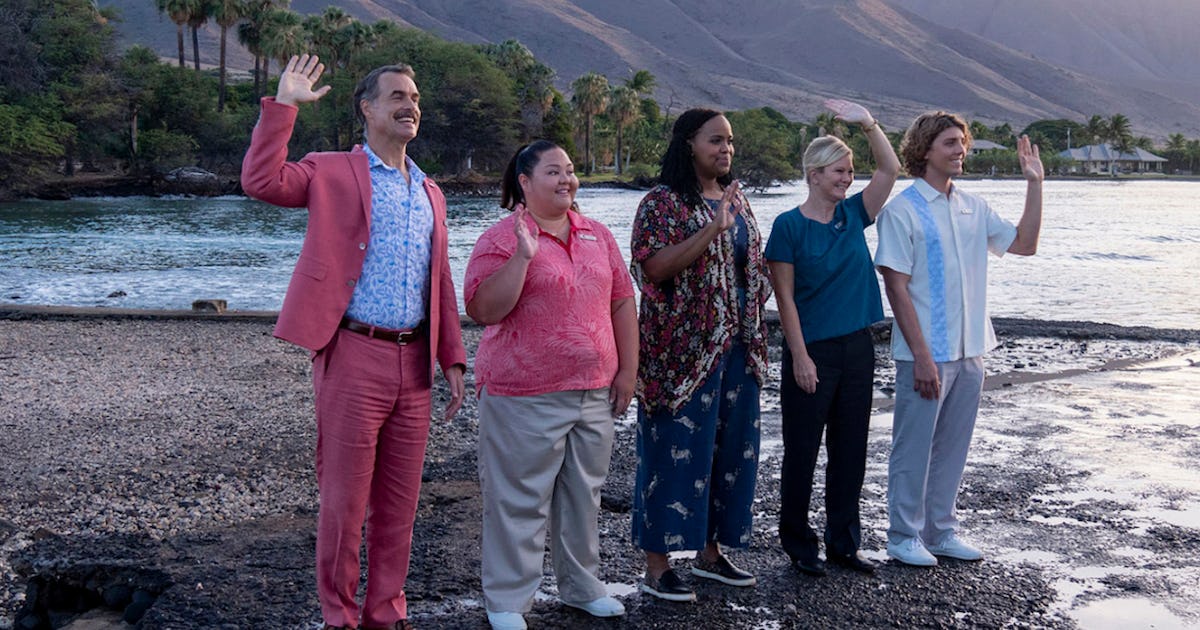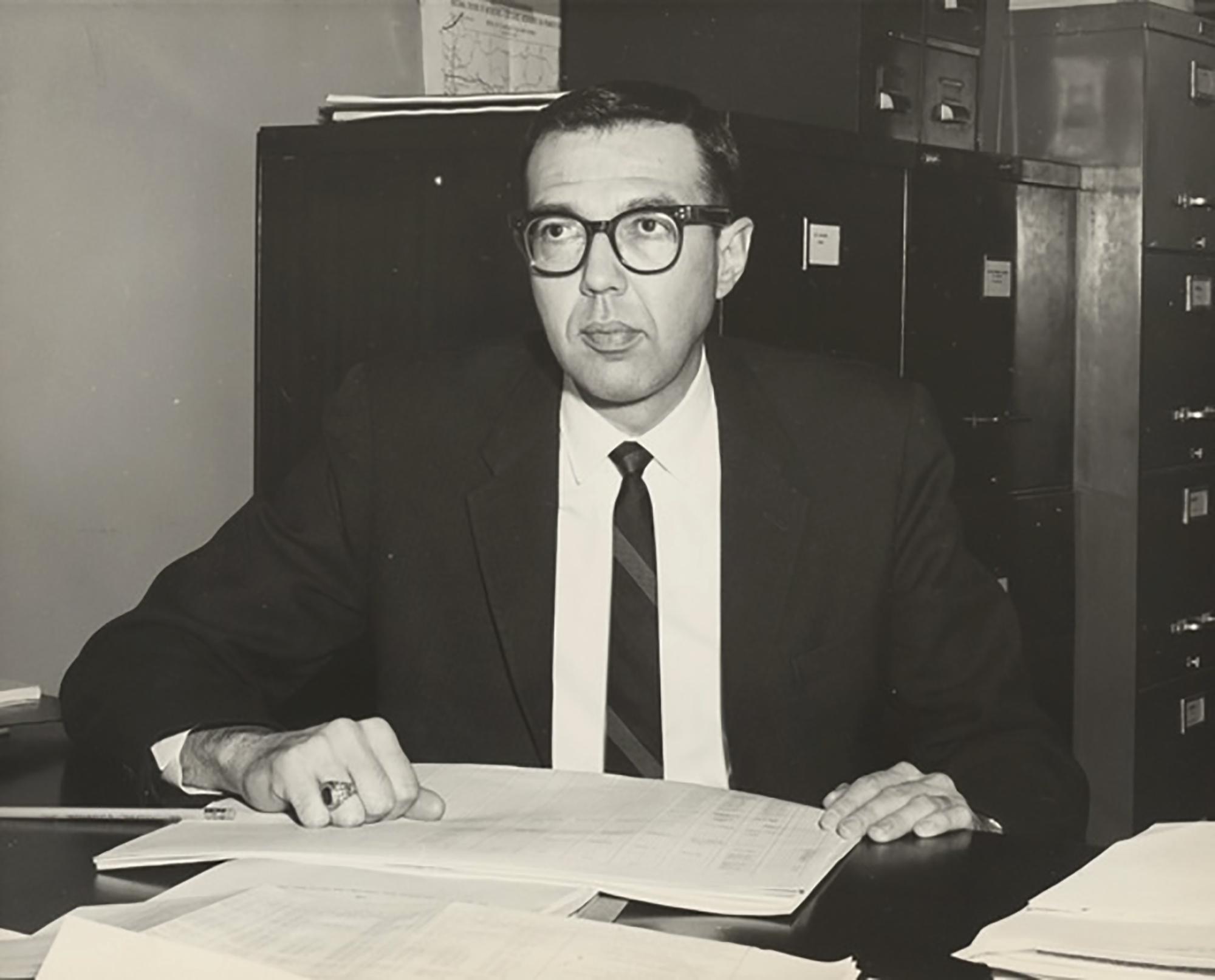
I love to read and write a bad review, to vent my spleen about something irritating, but my rejection of The White Lotus was so complete and passionate, that it’s actually kind of difficult for me to articulate reasons why. What I felt when watching The White Lotus was something like the boredom of doing homework. In fact, the entire thing felt like a homework assignment. Every character, every issue on the show felt like it was researched and written with the spirit of a term paper. Netflix produces shows that feel like they were written by an algorithm. The White Lotus, which aired on HBO, feels like it was written by a committee of A-students who color-code their class notes; debate society members striving to present a clever argument ultimately undermined by the fact that their high-school age brains aren’t fully developed.
The show’s studious, box-checking approach to presenting a “diverse” cast and social issues resulted in something that was actually borderline offensive that it relied so much on stereotypes. For a show that’s ostensibly so satirical about the straight, white upper class, no one else is really presenting as having much of an inner life. Armond (Murray Bartlett), the hotel manager, a kind of a gay Basil Fawlty, turns out to be a recovering drug fiend, a self-destructive partier, a seducer and exploiter of young men, and ultimately takes a shit on his nemesis’s stuff. All we know is that he was once sober, now is not, and is a gay guy. That’s all we need to know apparently, everything flows categorically from these simple facts.
Then there’s Belinda (Natasha Rothwell), the beleaguered spa manager, who has to humor the deliriously dotty Tanya (Jennifer Coolidge) who fuels her hopes of escaping the hotel and starting her own business. Her triumphant moment is the most clichéd refusal to perform emotional labor for the hysterical whites anymore. And there’s Paula (Brittany O’Grady), the college friend of Olivia (Sydney Sweeney), who came along with Olivia’s rich family on vacation. Both ladies are disaffected, cynical, and woke — chiding the parents for their lack of self-knowledge in issues of race and class. If they are supposed to be Paglia-reading, “Red Scare”-fans, I’d imagine their opinions might be occasionally a little conservative, even a bit reactionary, but they are shown to be pretty orthodox in their progressivism.
Things really get bad when Paula starts an affair with the indigenous Hawaiian busboy Kai (Kekoa Kekumano), a sweet instance of the noble-savage archetype who is completely innocent, good, healthy, and wholesome, and whose family was dispossessed by the luxury hotel. Paula, out of her own resentment for the selfishness and thoughtlessness of the rich white family she’s staying with, convinces Kai to steal some jewelry from the mother, an oblivious girlboss type played by Connie Britton. I guess this is the show’s version of post-colonialism: the natives are harmless unless they become educated and urbanized and then they wanna take revenge on the white people.
A sophomoric attitude to “civilization and its discontents” pervades the entire show. Its title cards are presumably meant to suggest the “jungle-like” character of society, and Olivia’s father (Steve Zahn) gives a disquisition to his incel-ish son Quinn (Fred Hechinger) that involves saying everyone is just a monkey. The other side of the show’s critique of modern life is a religious consciousness that’s a slap-dash combination of pagan nature worship and evangelical Christianity that feels like a kind of Thomas Kinkade-version of Ralph Waldo Emerson’s transcendentalism. This kind of quasi-spirituality pervades the show: It begins with birth — the character Lani, a hotel employee with a mayonnaise stain on her shirt, goes into labor in the first episode and then disappears — and ends with death. Yes, we get it — the cycle of life.
Mike White, the show’s director and writer who explored the more materialist side of spirituality in his previous show Enlightened, grew up in a born-again context. His father was a writer for Jerry Falwell and Pat Robertson before coming out as gay and joining a more tolerant Christian sect. White is himself bisexual, so presumably also not a Falwellite, but something of the simultaneously sunny and cynical televangelist’s approach to matters spiritual persists in The White Lotus.
That’s probably why The White Lotus reminds me a little of Christian Mingle: The Movie (2014), a dramatized feature-length dating-app infomercial I forced myself to watch on Netflix out of perverse curiosity. It relied on stereotypes really not much cruder than The White Lotus (the main character’s friend at work is a no-nonsense Black lady.) It ends up with its main character (Mean Girls’s Lacey Chabert) rejecting the temptations of the modern world in favor of faith. Meanwhile, in White Lotus, Olivia’s porn-addicted, gamer brother Quinn has the good fortune of having his phone and computer destroyed by the sea. Unfettered by technology, he literally goes native, joining a team of indigenous guys in their canoe. At the end, he runs away from his family to re-join the canoers, and the last shot is him rowing in the sunset with the choir singing “Hallelujah! Praise the lord!” on the soundtrack; by God’s grace, he’s baptized in the sea.
The critical debate about The White Lotus — insofar as there can be said to be such a thing today — revolves around whether it’s an effective satire. Is it really a devastating look at rich white people or, since rich white people seem to enjoy it, not actually an effective satire? I don’t quite understand this argument. One way to look at satire is that it combines some moral chastisement with a form that makes it palatable and even quite enjoyable for the society it purports to skewer. Sophisticated people love to see their manners and mores mocked because they enjoy recognizing themselves: “Isn’t that so us? Didn’t he really get us?”
I think that’s what people think is happening with The White Lotus. Here’s the real comedy of manners: Everyone seems to be politely playing along with the show’s pretenses. The show says “Behold society!” and shows us a pretty paltry, wooden depiction and Society says back, “Yes, how very clever, how very smart, how very good!” “Have you seen White Lotus?” “Isn’t it great? What moral clarity and presented with such wit! Ha ha ha.” We’re all supposed to like this sort of prestige TV show that deals with the issues — it’s almost rude not to like it. To anyone who’s worried that the upper middle class is not dealt with roughly enough, don’t worry too much. The real verdict against them is their taste in television.
The White Lotus is such bad satire it ends up being a cheesy religious parable; a Christmastime Hallmark movie with better actors, drug use, and an HBO patina. Maybe my experience watching it wasn’t the boredom of being in class after all, it was the boredom of sitting through a bad sermon. And just like when church lets out, everyone is supposed to be real polite to each other and coo over the pastor’s sermon. If there’s any dissent to be heard, it’s that the sermon wasn’t sermon-y enough. Well, allow me to be the rude Jew sitting in on services: the whole thing just seems like bullshit to me.
Finishing The White Lotus for the purpose of this article was a chore. It was actually worse than a chore: I did chores rather than watch it. In the midst of an episode, I’d realize I needed to empty the dishwasher, then water the plants — anything to take a break. I tried to play a video game on my computer at the same time just so I could mitigate the full-blast effects of this show. I wish I could say I was happy or relieved when it was over, but no, I was only depressed. It was a depressing show.
John Ganz is a writer in New York.








